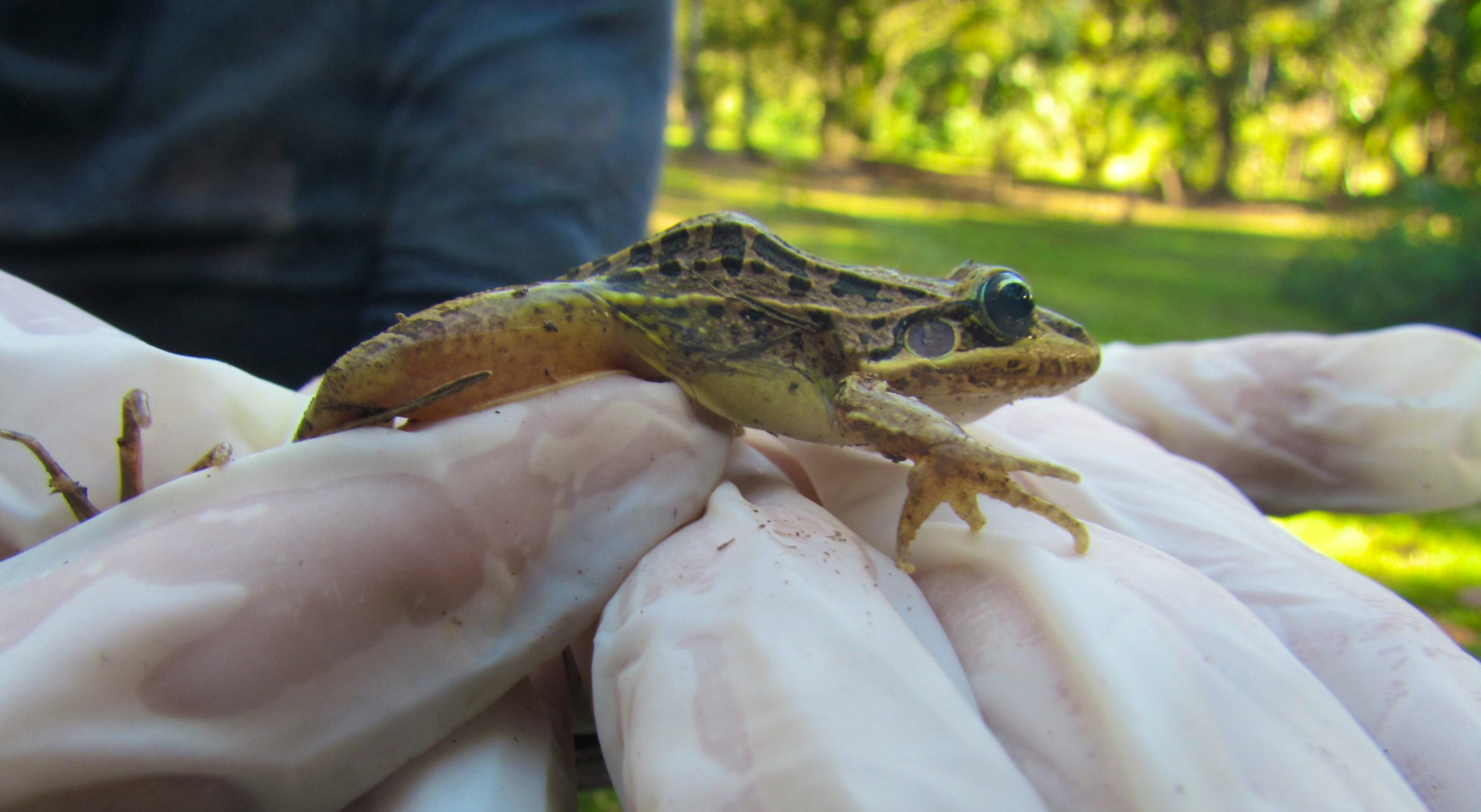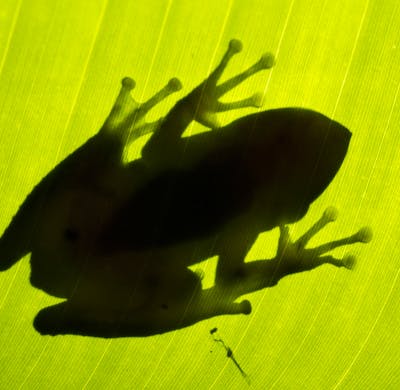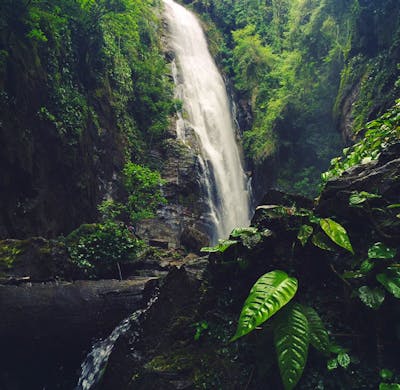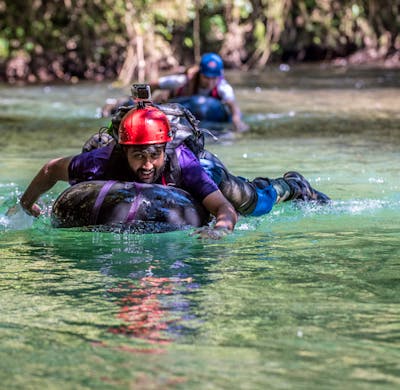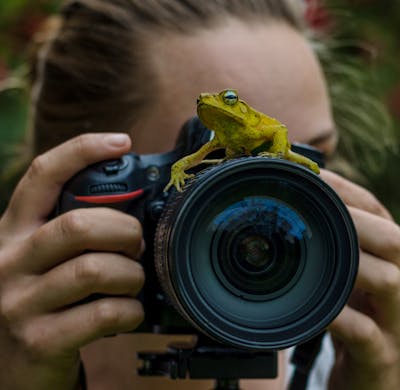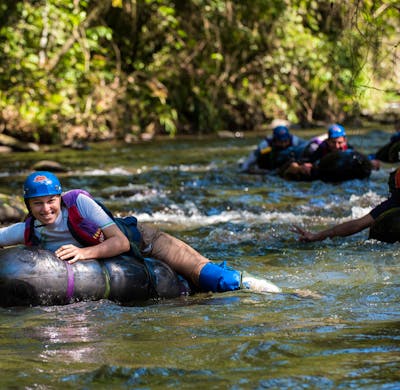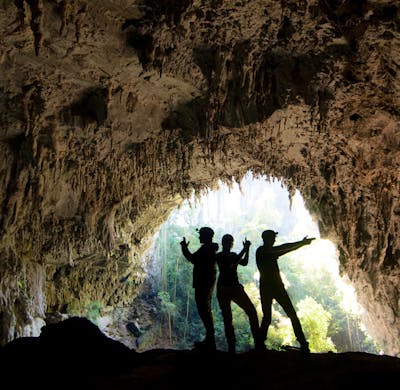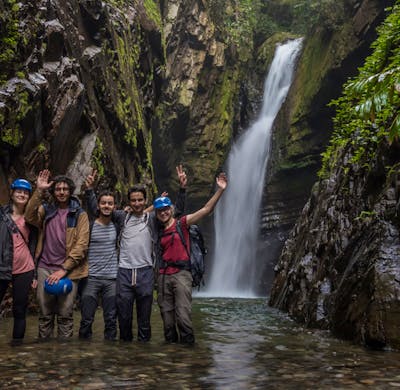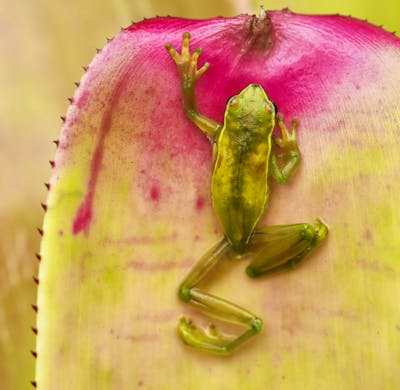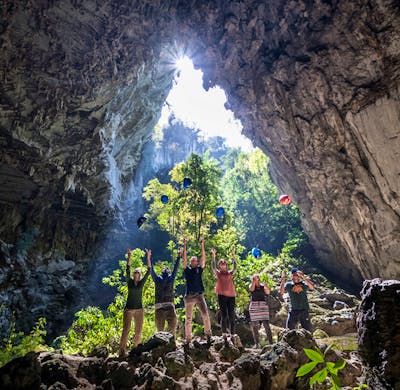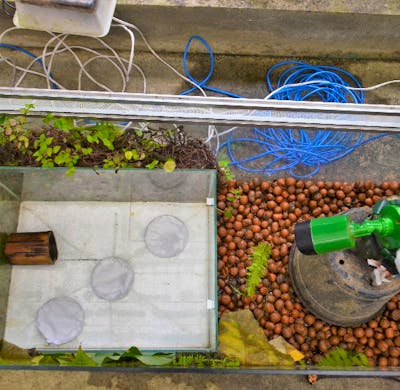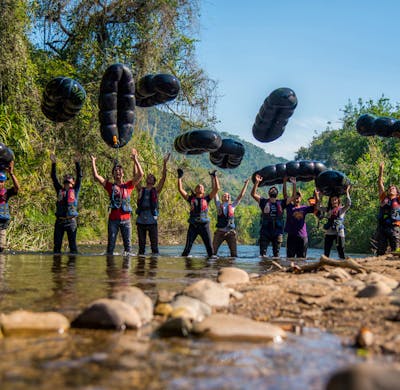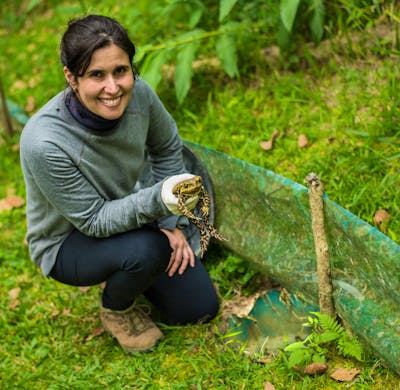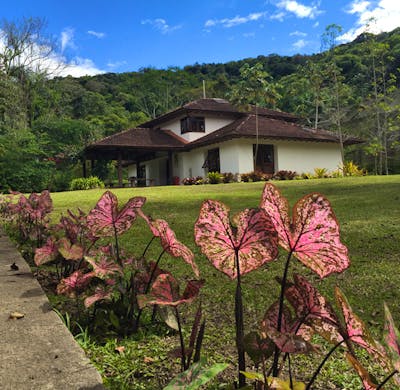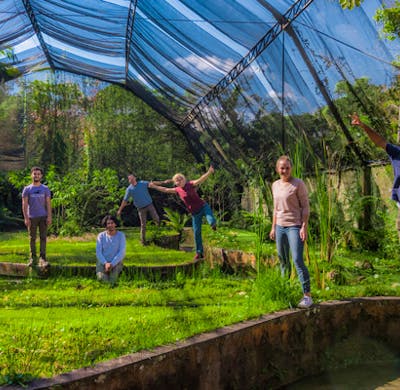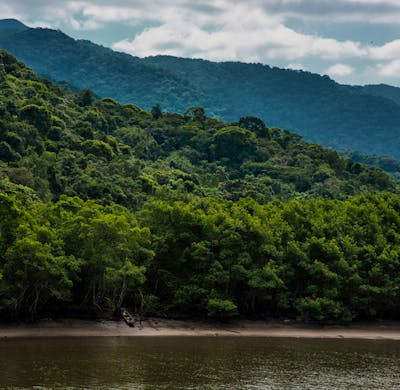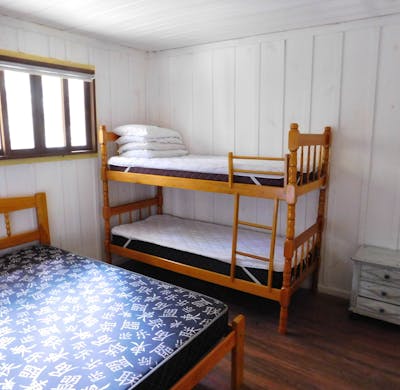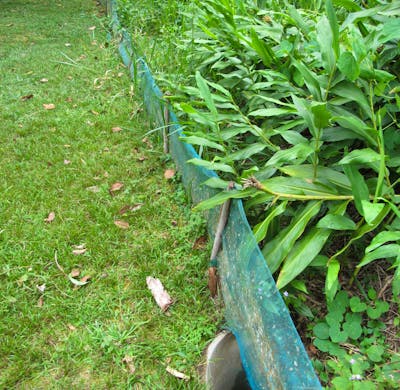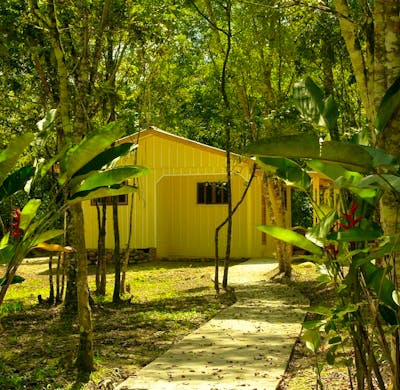Amphibian Researcher (Eco Supporter)
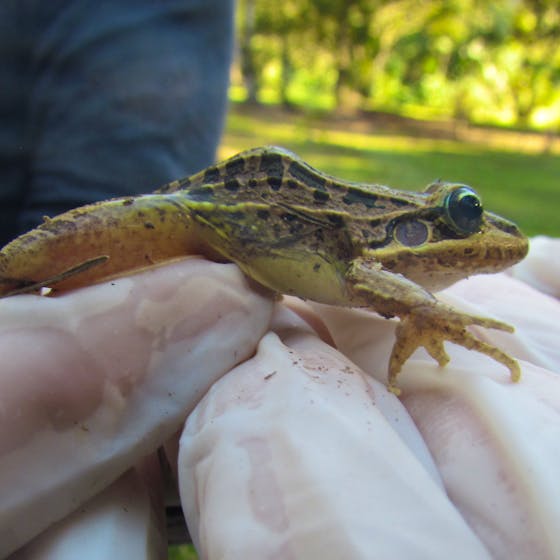
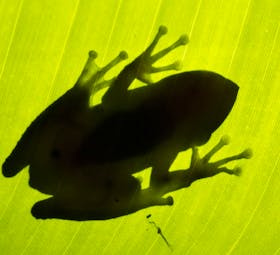
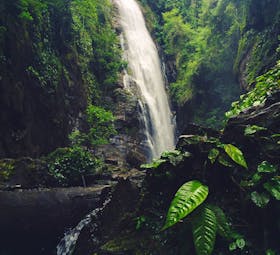
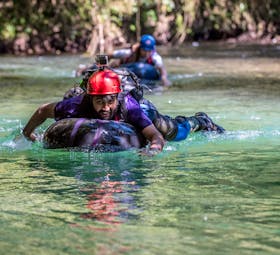
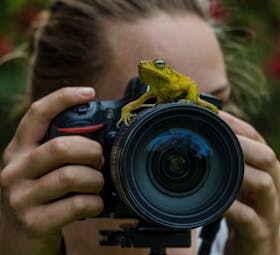
Especially good for
About the program
Pitfall research looking at decline of species in the forest. Part of the large eco-supporter role.
The project
The Amphibian Projects aims to study critical in the area of conservation. Frogs have been dramatically impacted by climate change which makes them a priority to research and protect. IPBio wishes to understand the distribution of amphibians, understand their reproductive habits, track ...
Typical day
A typical work day starts at 9:00 am and ends at 3:00 pm.
Hike up to the various pitfalls to find the diversity and abundance on the reserve.
Part of the eco-volunteer role
Free-time activities
Caves: Iporanga is called “The Cave Capital of Brazil” with over 400 caves in the town. Below are just the highlights.
- Casa da Pedra is the world’s largest cave entrance of 215 meters. The trip involves a 2-hour hike to the opening where there is a place to sit down and have a picnic and swim ...
Requirements
What's Included
What's NOT included?
Details on arrival
Field research on biodiversity using pitfalls only occurs from November to March but the rest of the program occurs all year long.
Program fees
Meet your organization

IPBio - Reserva Betary
Non-profit - founded in 2014
Verified by Volunteer World
Coordinated by
Imran
About the project
98 reviews ·  4.7
4.7
Location

You might also be interested in
-
Adults
Mission Trips
Voluntouring
Global Volunteer Opportunities
Internships in Brazil
Group Volunteering
Best Volunteer Programs
Couples
Projects Abroad
Volunteer Trips for College Students
Family Volunteering
Latin America
50 Plus Volunteering
